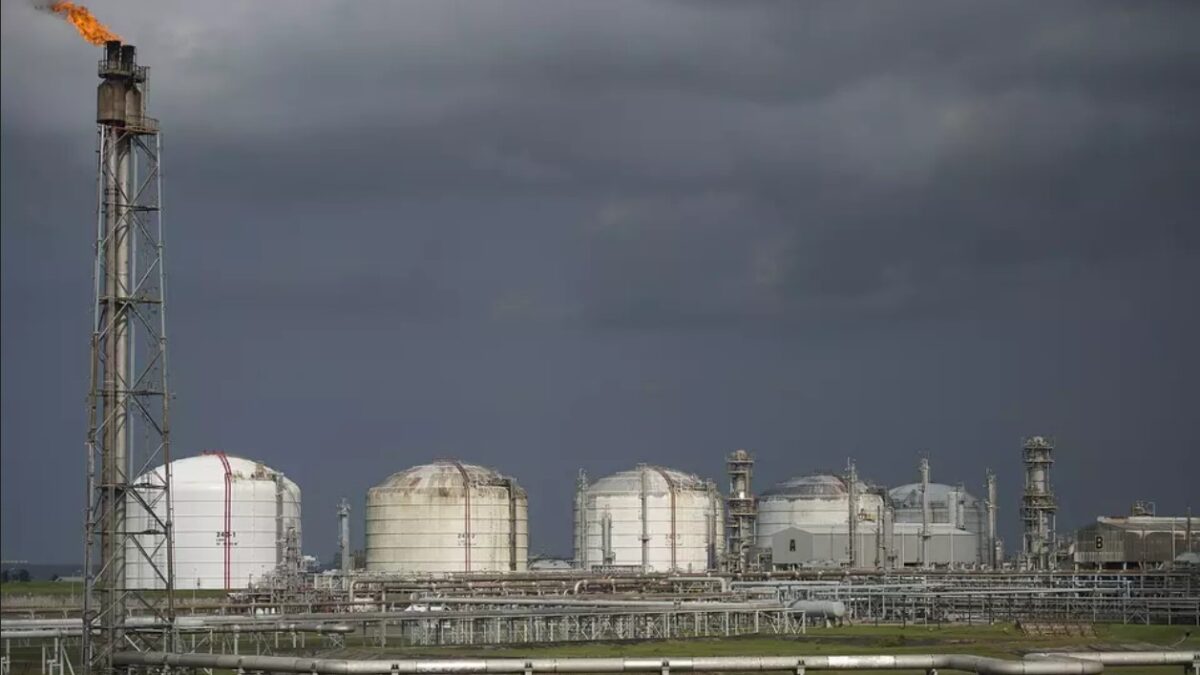Jakarta. ASEAN is forecast to be importing more natural gas than it exports as soon as 2025, thus potentially affecting the region’s energy security, according to an expert.
“ASEAN is projected to become a net importer of natural gas by 2025,” Nuki Agya Utama, the executive director of the think-tank ASEAN Center for Energy (ACE), said at a press briefing in Jakarta on Thursday.
ACE’s projections for ASEAN’s high natural gas imports took into account the region’s lack of significant additions to the existing production infrastructure and continuous use of fossil fuel. Nuki added: “ASEAN being a net gas importer is bound to happen sooner or later.”
According to Nuki, rising gas imports will likely lead to soaring energy prices. The further the country that ASEAN is buying its natural gas from, the higher the logistics costs will be. This eventually affects the energy prices within the region.
ASEAN in 2002 inked a memorandum of understanding (MoU) for an interconnected gas pipeline infrastructure. The project, popularly known as the Trans-ASEAN Gas Pipeline, has connected more than 3,600 kilometers of gas pipelines across member states. The connections are bilateral in nature such as the South Sumatra-Singapore linkage.
“We have developed the Trans-ASEAN Gas Pipeline and we are working to expand the project. We need to strengthen intra-ASEAN cooperation. We must not let political instability affect our regional cooperation,” Nuki said.
“It is a shame if ASEAN becomes a net gas importer because member states like Indonesia and Myanmar are abundant [in natural gas]. We should uphold collaboration and interconnectivity. […] Energy can be a catalyst for peace if we uphold fair energy trading and interconnectivity, among others,” Nuky also told reporters.
ACE’s freshly launched 2023 ASEAN Oil and Gas Updates report revealed that the Southeast Asian bloc was still a net gas exporter last year. Its gas exports last year totaled 51 million tons, of which 80 percent went to non-ASEAN regions. Countries outside ASEAN supplied 11.8 million tons of natural gas to the regional grouping last year. Australia supplied 46 percent of ASEAN’s total natural gas imports that came from outside the region. According to ACE, Thailand and Singapore are shipping in more natural gas than they export.
Indonesia’s natural gas reserves stood at 1.03 trillion cubic meters as of 2022, marking a 14.2 percent decline from 1.2 trillion cubic meters the previous year, the report showed. Natural gas represented 21 percent of ASEAN’s energy supply in 2020.
Indonesia is this year’s ASEAN Chair.
ACE and the Indonesian Mineral Resources Ministry will host the ASEAN Energy Business Forum (AEBF) in Bali on August 24-26. This event will gather business delegates in the energy sector, be it from ASEAN and beyond, to exchange views on the region’s energy landscape. It is also likely that the forum will result in business partnerships within the energy sector.

